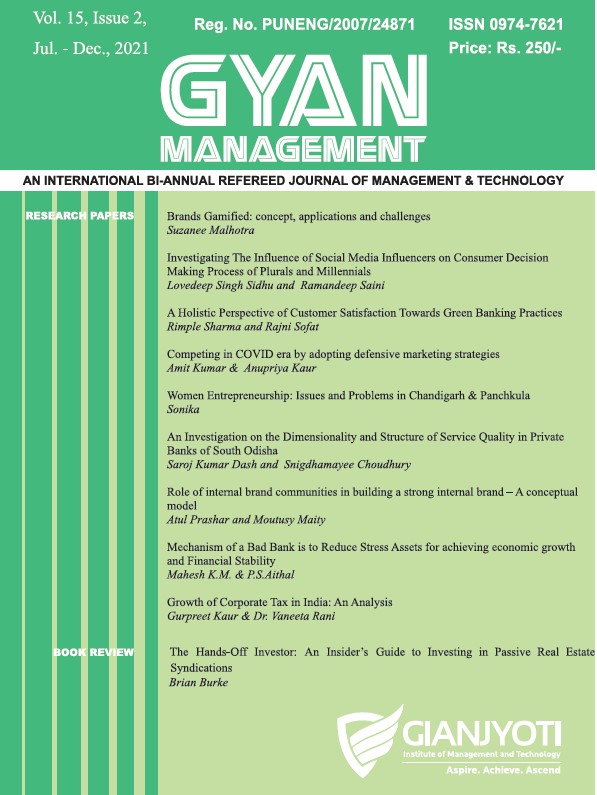Impact Of Psychological Contracton Employer Employee Relationship In Corporate Sector
Keywords:
Psychological Contract, Employee-Employer RelationshipAbstract
The objective of paper is to review the concept of psychological contract and study its impact on employee-employer relationship. Typical employer-employee relationships will vary on the scale of closeness and familiarity but it is typically guided by formal agreements, be they individual letters of understanding, management contracts or the government legislation that sets the standards for fair and im-partial work. But there is another contract that can be even more important called the psychological contract. A psychological contract, a concept developed in contemporary research by organizational scholar Denise Rousseau,represents the mutual beliefs, perceptions, and informal obligations between an employer and an employee. It sets the dynamics for the relationship and defines the detailed practicality of the work to be done.The psychological contract may be very well understood as an informal understanding of the relationship between an employer and employee. It is a belief that that there is a promise between both parties and hence agree to abide by, such as mutual expectations of honesty, respect, fairness, loyalty and dedication. It is an unwritten and unlike the written contract, it is constantly at change. By nature it is generally unspoken and hence dependent on the interpretation of all parties. The paper will help us to understand the concept of psychological contract and employee-employer relationship and impact of psychological contract on employee employer relationship.
Downloads
References
Downloads
Published
Issue
Section
License
Copyright (c) 2022 Nibha Pratap

This work is licensed under a Creative Commons Attribution-NonCommercial-NoDerivatives 4.0 International License.



